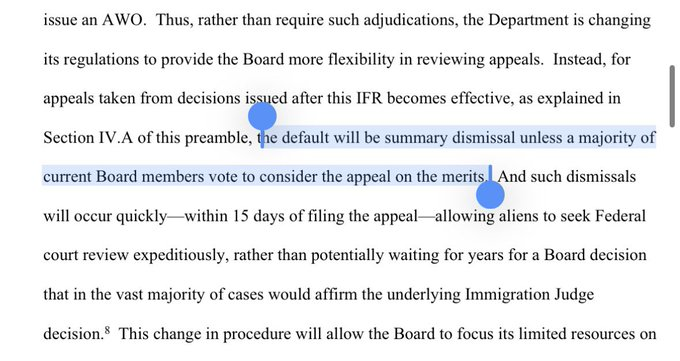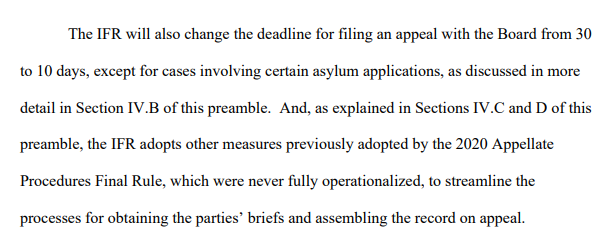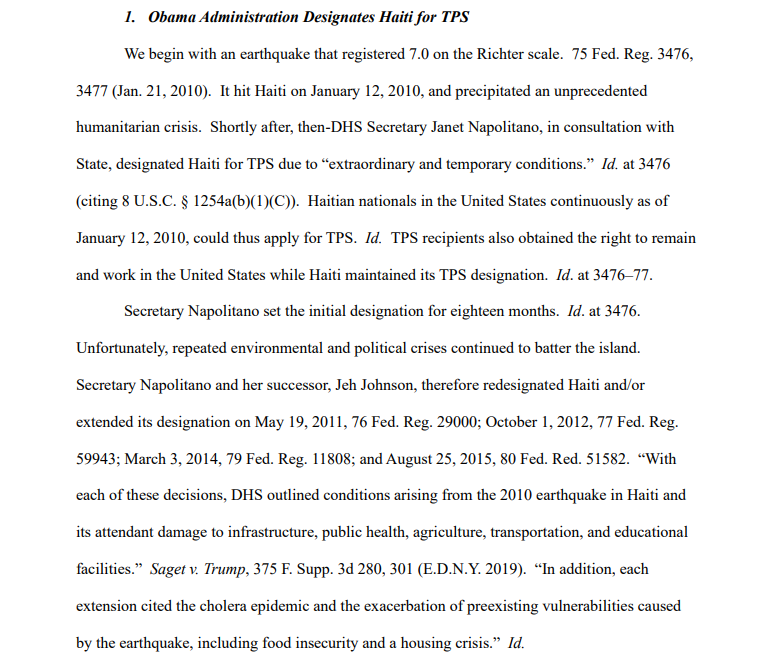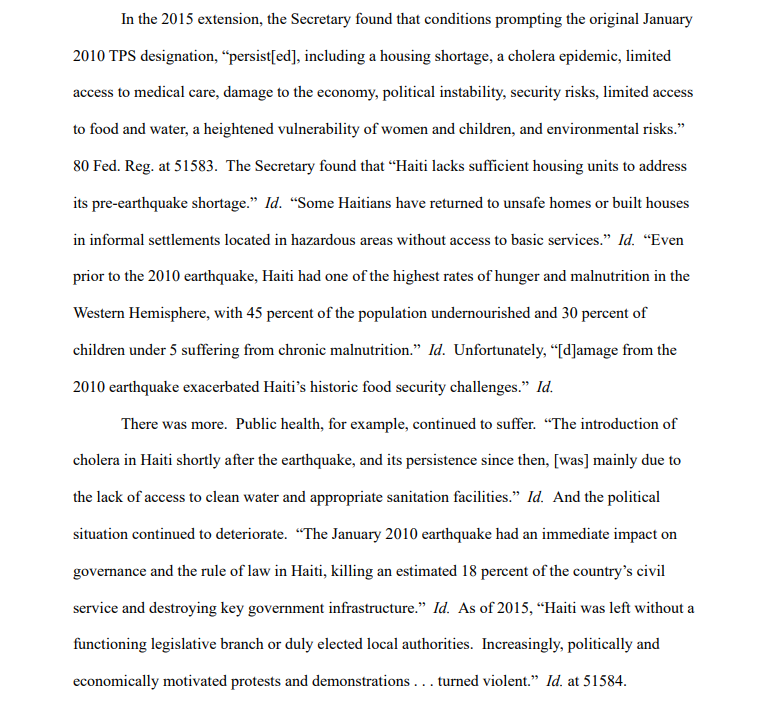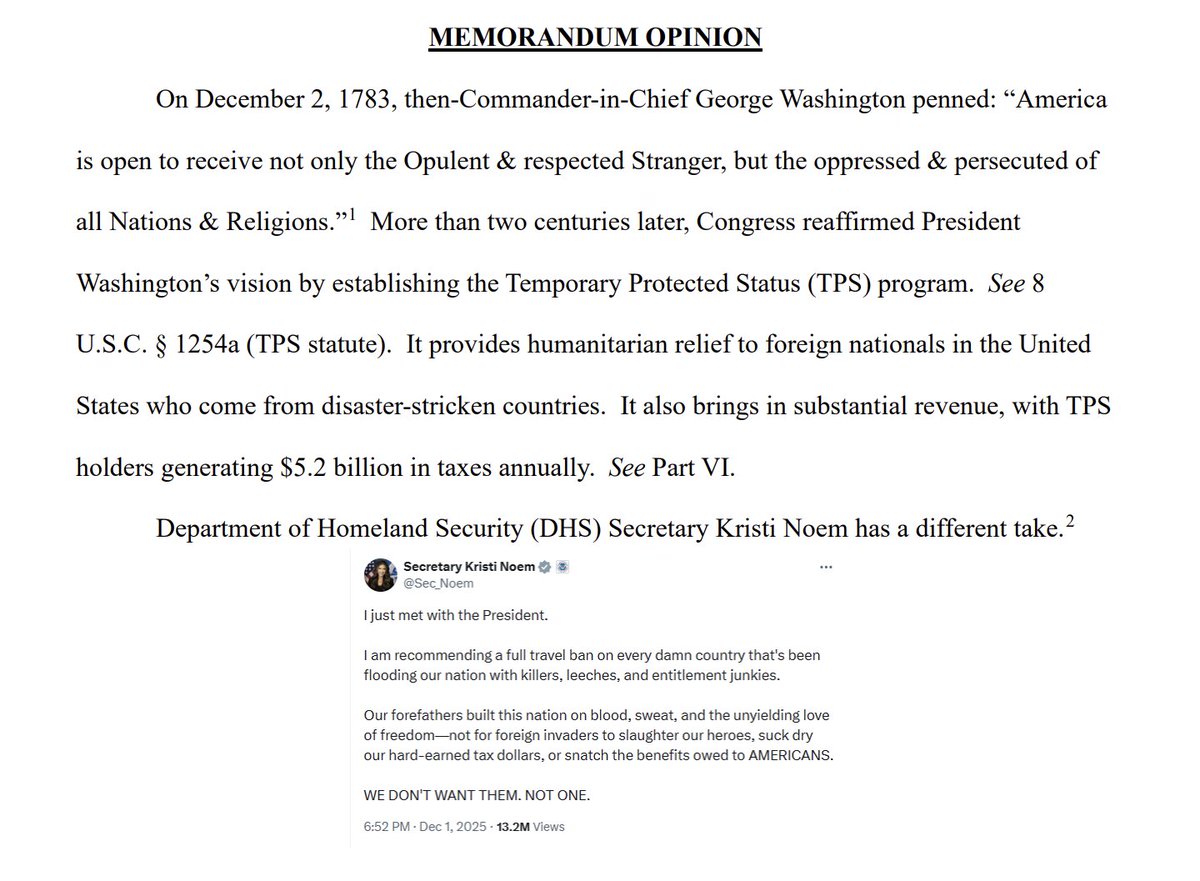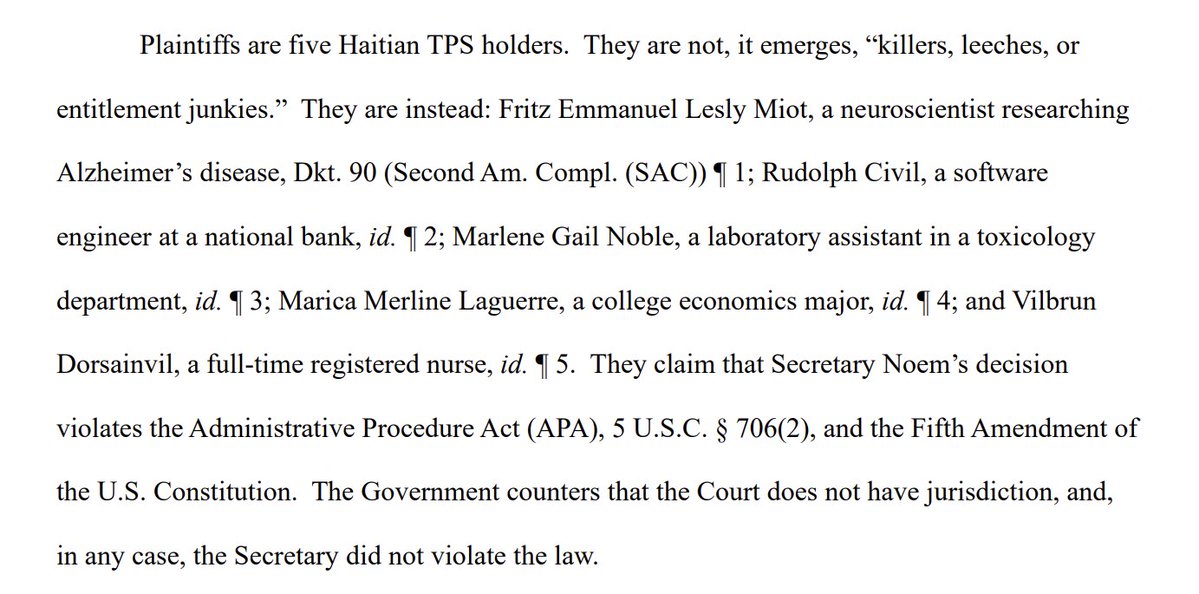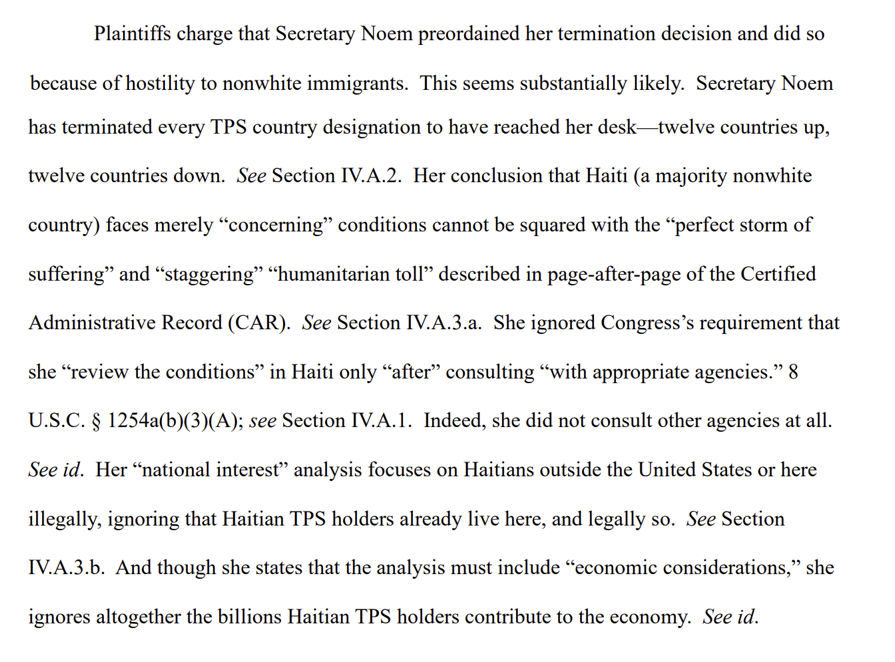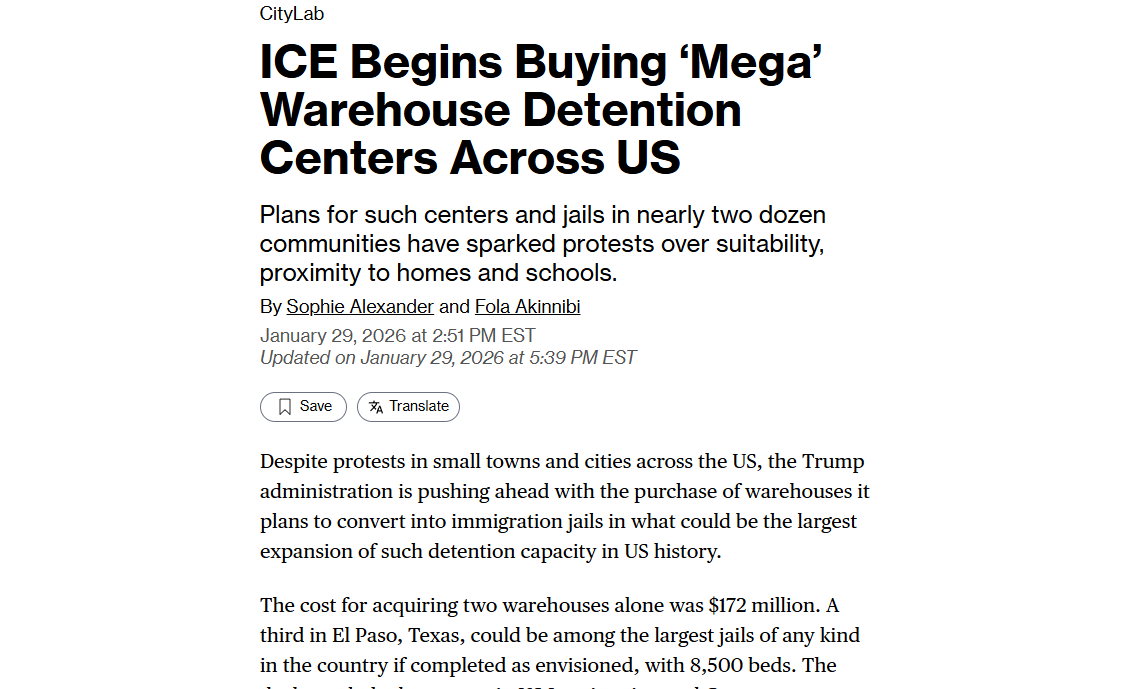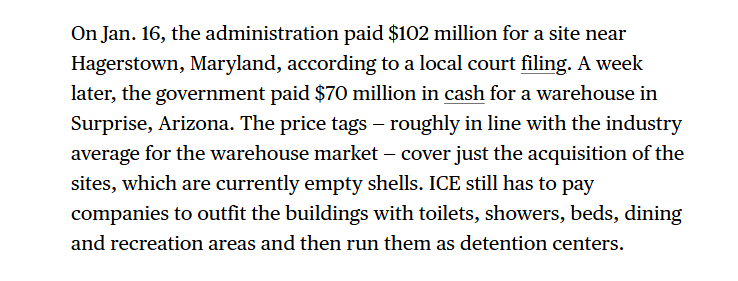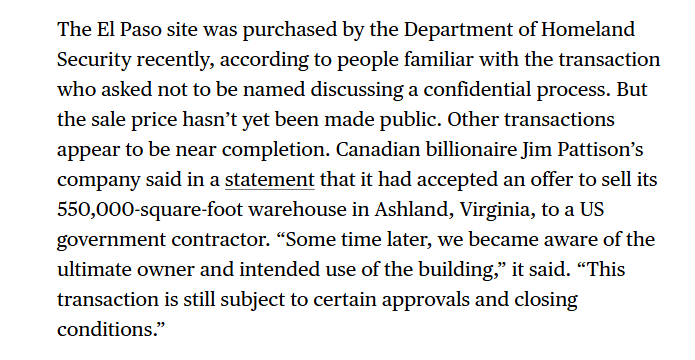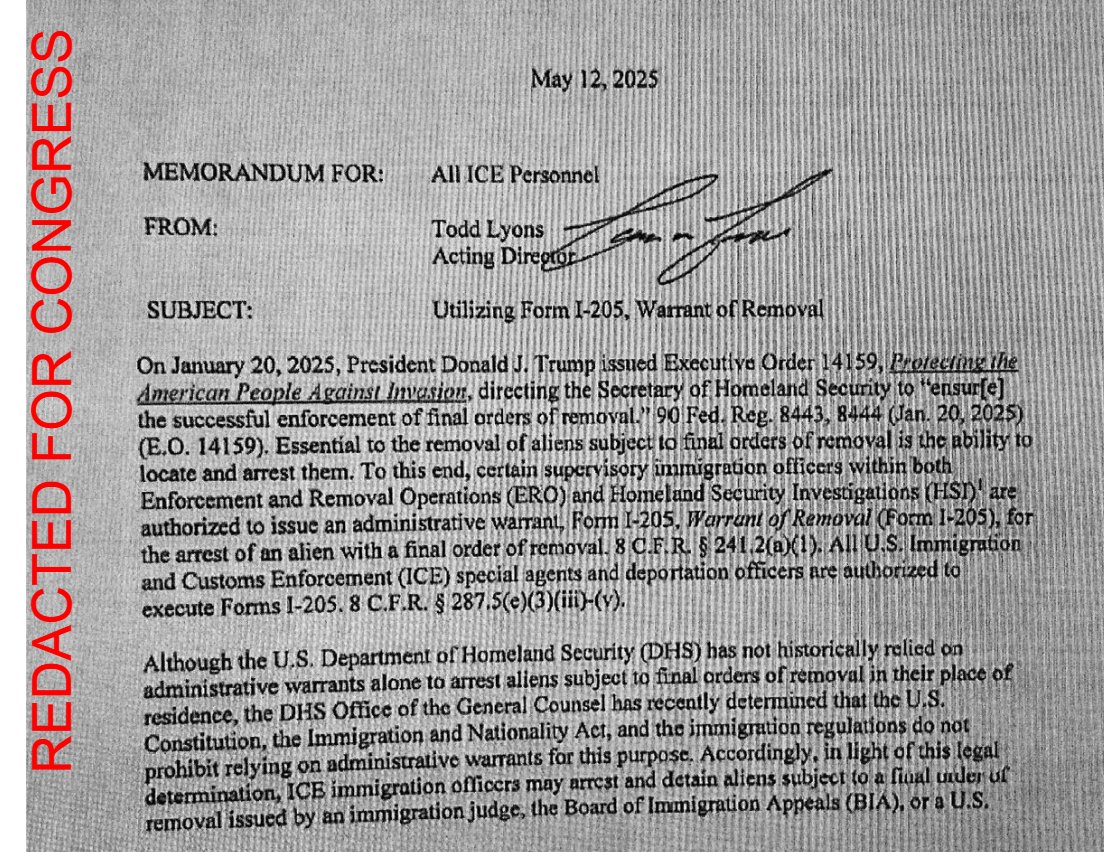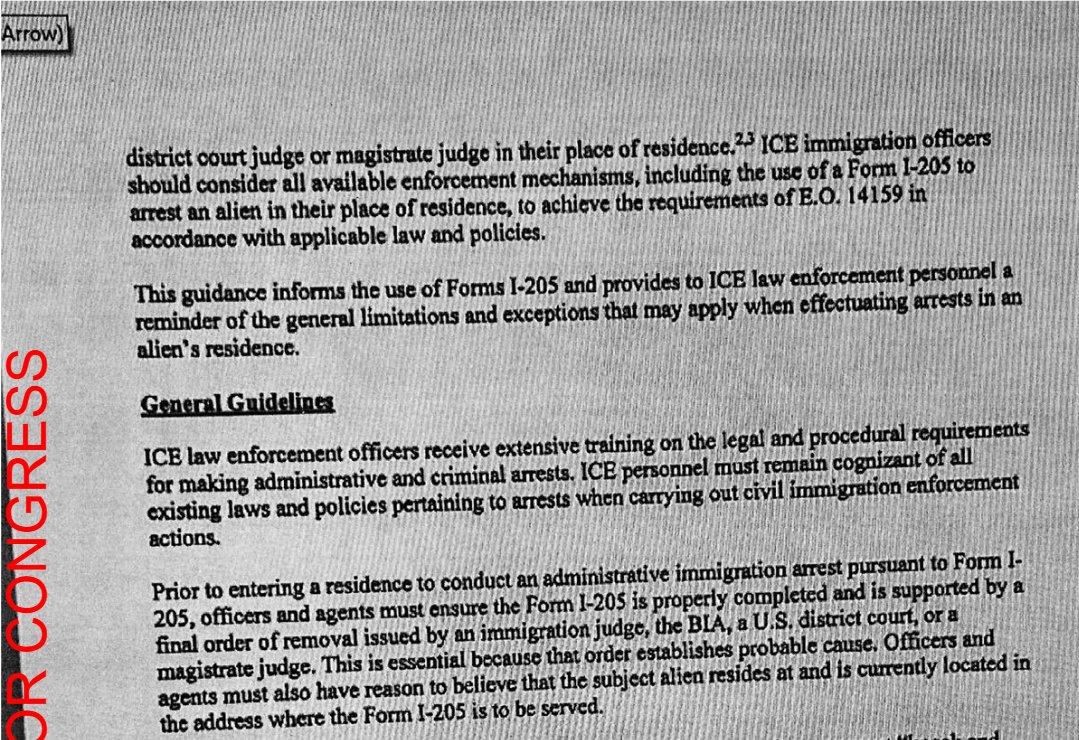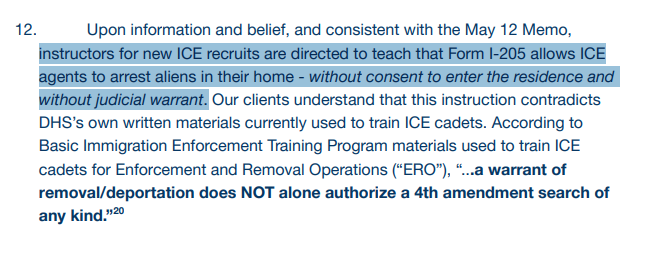New! June border numbers are out, and the diverging trends I've discussed re: families/kids and single adults have—once again—diverged!
After rising every month since May 2020, single adults apprehensions finally fell. Meanwhile, after falling for two months, families/kids rose.
After rising every month since May 2020, single adults apprehensions finally fell. Meanwhile, after falling for two months, families/kids rose.

Overall border apprehensions rose 3.4% from May to June, after having fallen by 1% from April to May.
However, as has been the case for months now, the vast majority of people apprehended after crossing the border continue to be expelled under Title 42.
However, as has been the case for months now, the vast majority of people apprehended after crossing the border continue to be expelled under Title 42.

Despite a rise in families coming to the border, there were still over 8,000 expulsions of family units last month.
As a result, it continues to be the case that significantly fewer families and kids are being allowed into the United States to seek asylum than in 2019.
As a result, it continues to be the case that significantly fewer families and kids are being allowed into the United States to seek asylum than in 2019.
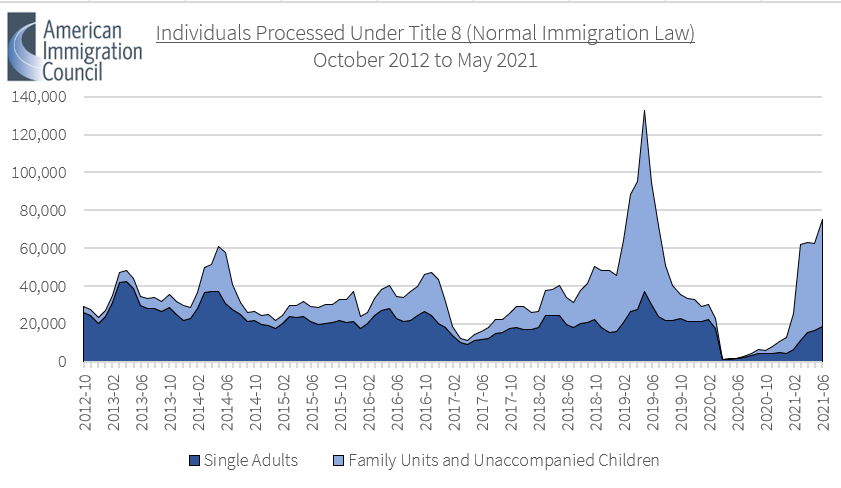
If we look only at families, 41,945 family units were allowed into the US last month after crossing the border between ports of entry, and 8,070 were expelled back to Mexico.
That's compared to 57,358 in June 2019, of which several thousand were sent back to Mexico under MPP.
That's compared to 57,358 in June 2019, of which several thousand were sent back to Mexico under MPP.

One big new trend we're seeing is the Biden administration finally opening up the ports of entry for people to seek asylum, which is also driving up overall "encounters"—which is why my previous charts were all apprehensions, not counting people who come through the ports. 

Finally, some important context when looking at comparisons to 2006 or earlier.
In 2006, for every 3 migrants apprehended crossing the border, an additional 5 made it through successfully. Today, it's closer to 1.
The border is MUCH more secure today.

In 2006, for every 3 migrants apprehended crossing the border, an additional 5 made it through successfully. Today, it's closer to 1.
The border is MUCH more secure today.
https://twitter.com/axios/status/1416110391868993546

I'll end with this graph, which is one of the most important to understanding the numbers.
Title 42 led to unprecedented levels of repeat border crossings. As a result, even though apprehensions are now much higher than 2019, the number of PEOPLE who've crossed is still lower.
Title 42 led to unprecedented levels of repeat border crossings. As a result, even though apprehensions are now much higher than 2019, the number of PEOPLE who've crossed is still lower.

• • •
Missing some Tweet in this thread? You can try to
force a refresh


